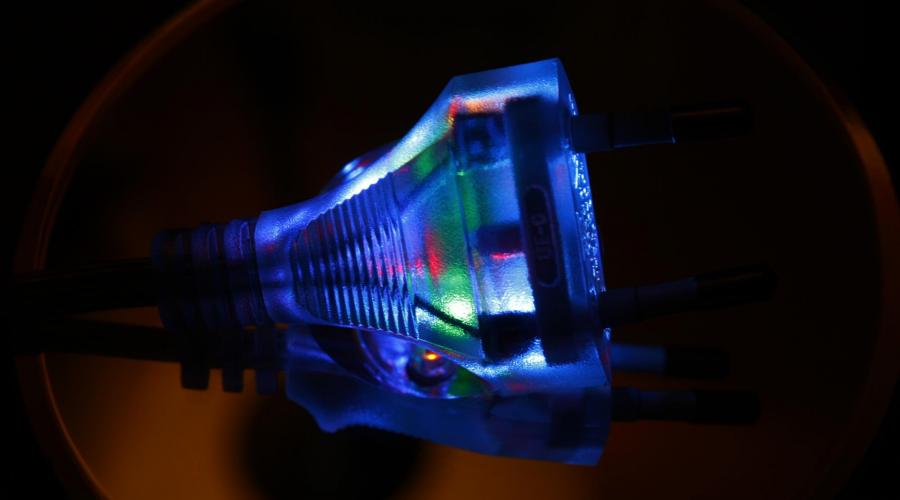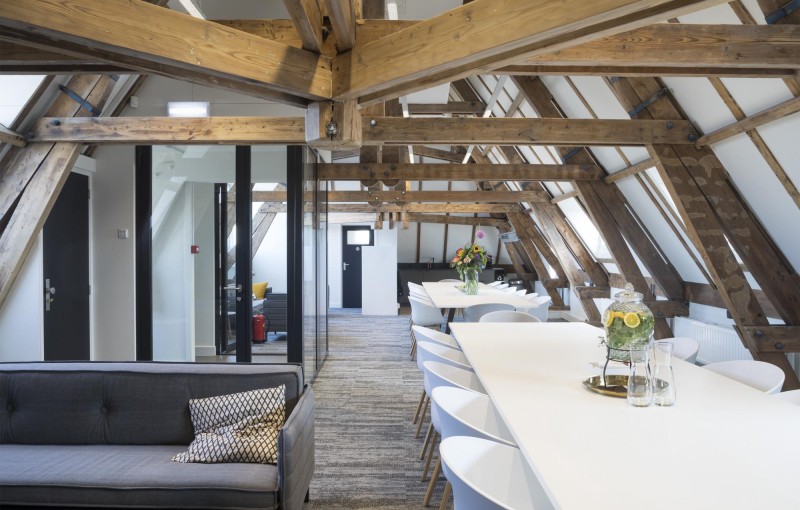
Reduce energy consumption in the office
✔Last updated: October 2025, by Jeroen van der Linde

Saving energy is extremely popular among households, but office buildings can also achieve substantial reductions in energy costs. When businesses, like households, carry out proper research and actively work to reduce their energy use, they can significantly lower both consumption and expenditure. Proposed changes to the UK’s Minimum Energy Efficiency Standards (MEES) are also having a major impact on the commercial property market.
Rent office space with Flexas.com
Energy use in office spaces
Energy consumption in office spaces depends heavily on the size of the premises, the measures taken to reduce usage and the number of employees. As a general rule, total consumption increases with the size of the building. Interestingly, the average energy use per square metre in large, intensively used offices is often considerably higher than in smaller workplaces. The biggest energy consumers remain computers, laptops and servers.
Saving energy at the office
Would you like your business to operate more sustainably and contribute to a better environment? There is plenty you can do yourself. Take a look at our tips for reducing energy consumption in the workplace!
The following measures have the biggest impact on office energy bills:
- Use energy-saving lightbulbs or LED lighting – these can use up to 80% less energy than traditional bulbs.
- Turn the heating down in advance; most offices stay warm enough for at least an hour.
- Avoid heating rooms that are not in use.
- Keep radiators clear so heat can circulate freely – avoid placing desks or cupboards in front of them.
- Switch off lights in unoccupied areas or install motion sensors. This also applies to external lighting, which should only be on when needed.
- Use reflectors with fluorescent tubes, so you need fewer tubes to achieve the same level of brightness.
- Insulate heating pipes in unused rooms, such as storage areas.
- Replace old boilers with high-efficiency models or, where possible, connect to district heating systems.
- Take part in sustainability initiatives such as “Wear a Woolly” days.
- Make use of government schemes and grants for heat pumps and solar panels, potentially in collaboration with property owners.
Don’t forget VAT and available tax incentives
VAT is of course reclaimable for most businesses. Although this does not apply to every type of energy charge, reclaiming VAT still helps reduce the overall bill. For sustainable investments, UK businesses may also benefit from capital allowances such as the Annual Investment Allowance (AIA) or other government incentives. These allow companies to deduct a significant proportion of qualifying investments from their taxable profits. Further information and eligibility criteria can be found on the UK government’s website, which also includes the Energy Technology List.
A few conditions apply:
- The investment must be for new equipment
- The total investment must meet the minimum qualifying amount
- The equipment must appear on the relevant government-approved list
- The investment must not already be claimed under other environmental tax schemes
Sustainability and reducing environmental impact
It is essential for businesses to minimise their impact on the environment and reduce pollution wherever possible. Lowering energy consumption and implementing the measures described above can make a significant difference. Many of these steps require only modest investment and minimal effort. Start reducing your company’s energy use today!


